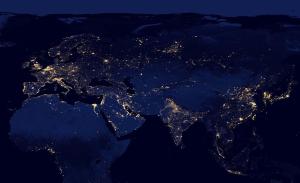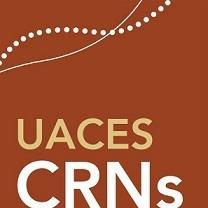Workshop on EU-Asian Energy Politics - Regional Programme Energy Security and Climate Change in Asia and the Pacific
Expert conference
Details
China is the largest consumer, producer and net importer of energy in the world. According to the European Commission’s statistical data on energy 2014, China accounted in 2011 for 20.9% of global energy consumption and 18.4% of global energy production. In comparison, the European Union (EU) constituted at the same time 12.7% of global energy consumption and 6.1% of global energy production. Policymakers in both regions place energy issues among top concerns. The key challenge is to meet energy demands and aim – in a hopefully short term perspective – at a low-emission energy system.
Energy security - regional and global - is one of the strategic pillars of the EU-China 2020 Agenda. Hence the implementation of a roadmap for EU-China energy cooperation is important and has to sped up in order to come to concrete results in the fields of energy legislation, policy and formulation of standards. Six priority areas have been identified for cooperation in energy issues: renewable energy, smart grids, clean coal, nuclear energy, energy efficiency in buildings and energy legislation.
Against this backdrop talented young graduates and professionals from China, Asia and Europe meet in a joint conference of KAS and the Academic association for Contemporary European Studies (UACES), a long-term partner of KAS in PR China, and Polytechnical University Hong Kong.
Among others they will discuss the following issues: What are the future sources of energy? Could China's ambitious Silk Road Initiative help satisfy China's demand for energy? Can closer cooperation between the EU and Asia foster energy security and progress in climate change? How do Asian and European cities cooperate and share best practices concerning energy policy and sustainable development?
In 2013, President Xi Jinping has introduced the ‘New Silk Road’ concept which aims to improve the connectivity between Asia and Europe. One of the key objectives is to increase the access to energy sources. Regarding this issue, the EU has not defined a strategy yet. Furthermore, the experience of the United States with shale gas has attracted interest in Europe and China. Shale gas extraction could lower China’s dependence on coal and thereby cut greenhouse gas emissions. On the other hand, the EU could benefit from reduced volatility in global gas markets.
In the era of rapid globalisation, regions and municipalities are re-claiming their historic role of being important actors in international politics. Today, global cities are important economic hubs which create innovation but also consume a lot of energy. Cities seek to source and interconnect the best solutions for mobility, sustainable energy consumption, and space utilisation, offering a great place to live and work, despite rising population density. A more constructive involvement of regional and municipal actors in energy policy and climate change is not clearly defined yet.




